- +033 2572 7171
- info@dhanvantary.com

4.5 Rating | 4500 Review

4.5 Rating | 4500 Review
Diarrhea is when a person passes loose or watery stools frequently, often more than three times a day. It is a common condition that can lead to dehydration if not managed properly.
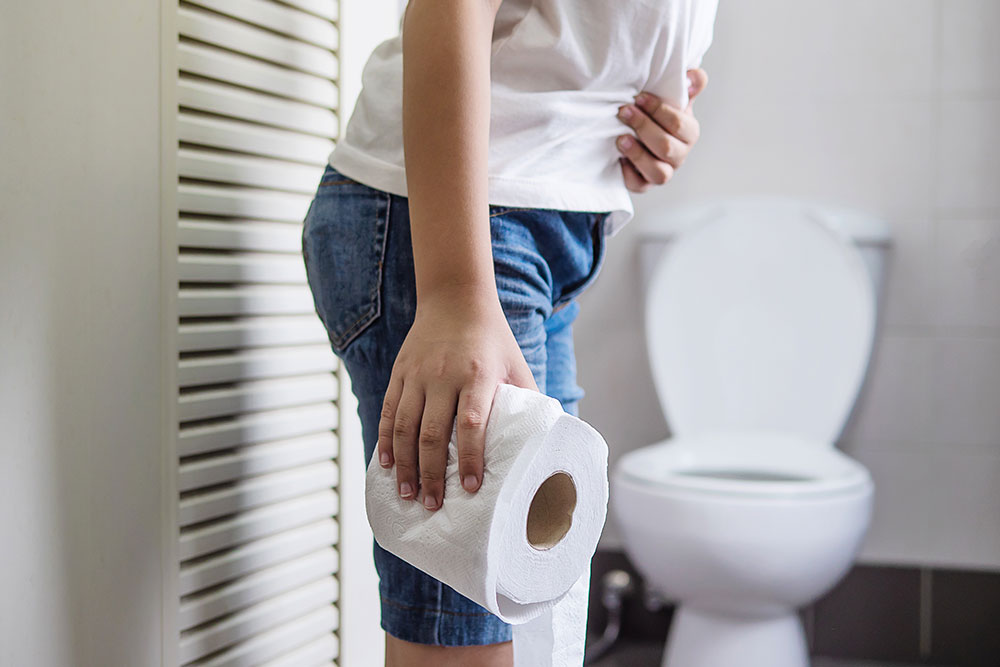
In Ayurveda, diarrhea is referred to as "Atisara". It happens when the body's digestive fire (Agni) is disturbed due to various causes.
This occurs when there is an excess of non-absorbable substances (like undigested sugars) in the intestines. These substances draw water into the intestines, leading to watery stools.
Lactose intolerance, where lactose (milk sugar) remains undigested in the intestine, pulling water into the gut.
In this type, the intestines secrete more water and electrolytes than they absorb, often due to bacterial toxins or certain medications. This results in watery stools without the body absorbing enough nutrients.
Cholera, where the Vibrio cholerae bacteria produce toxins that cause excessive secretion of water and electrolytes from the intestinal cells.
This occurs when the intestinal lining is damaged due to infection, inflammation, or disease. Inflammation causes the body to release fluids, and the damaged lining cannot absorb water efficiently.
Inflammatory bowel diseases (IBD) like Crohn’s disease or ulcerative colitis, where chronic inflammation damages the gut lining.
When the muscles of the intestines contract too quickly or irregularly, food moves through the digestive system too fast for nutrients and water to be absorbed, leading to diarrhoea.
Irritable bowel syndrome (IBS) can cause diarrhoea due to abnormal intestinal motility.
Bacteria (like E. coli, Salmonella), viruses (like Rotavirus), or parasites can cause diarrhoea.
Some people may not digest certain foods well, like lactose (found in milk).
Consuming contaminated food or water.
Conditions like irritable bowel syndrome (IBS) or Crohn’s disease.
Emotional stress can also trigger diarrhea in some people.
Certain medicines, especially antibiotics, can upset the stomach.
Loss of water and electrolytes, which can lead to weakness, dizziness, and in severe cases, shock.
Diarrhoea causes the loss of important electrolytes like sodium, potassium, and chloride, which are essential for bodily functions.
Chronic diarrhoea can impair the absorption of nutrients, leading to malnutrition and weight loss.
Hygiene : Regular hand-wash, especially before eating and after using the toilet.
Drink clean water and eat properly cooked food.
Be cautious with street food or raw foods.
Follow Ayurvedic rules regarding meals.
Light and easily digestible foods like rice gruel (Kanji), moong dal soup, Rice-pops gruel (Laja manda) and buttermilk are recommended.
Avoid stale food, uncooked food, uncooked sprouts, milk, spice and fried food.
Avoid exertion.
Take ample rest.
Avoid mental or physical exertion,
Avoid Late night waking and day sleeping.
Keep hydrated with warm water or with herbal infusions like ginger tea added with a pinch of salt and sugar.
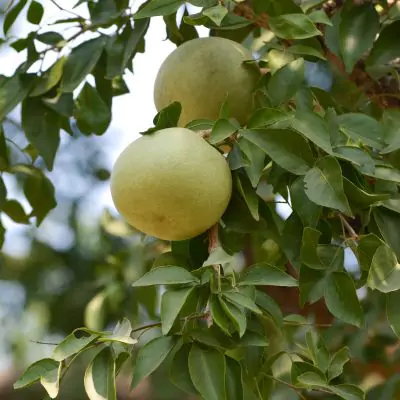
It is astringent, digestive, anti-inflammatory. Bilva fruit pulp or powder can be consumed with water or in decoction form.
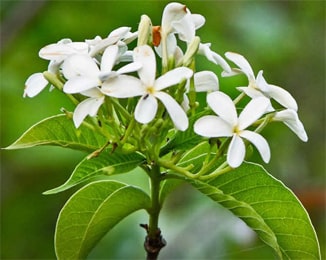
Antidiarrheal, antimicrobial, astringent. Kutaja bark powder or capsules or tablets can be taken with water.
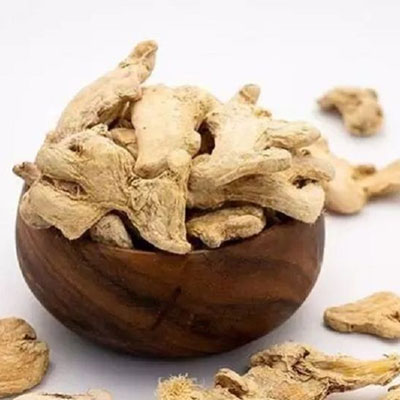
Carminative, digestive stimulant.
Dry ginger helps in improving digestion and reducing spasms in the intestines. It is particularly effective in cases of Vata-related diarrhoea (with bloating and cramps). Sunthi powder can be mixed with water or honey and taken.
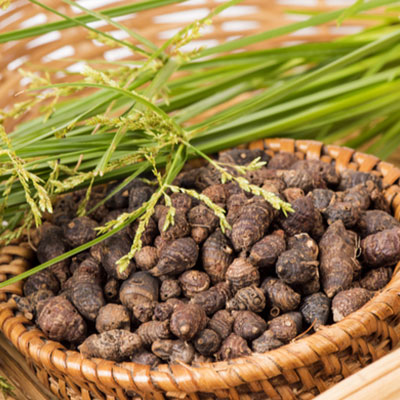
Antispasmodic, digestive, anti-inflammatory.
Nagarmotha powder can be mixed with water or honey and consumed
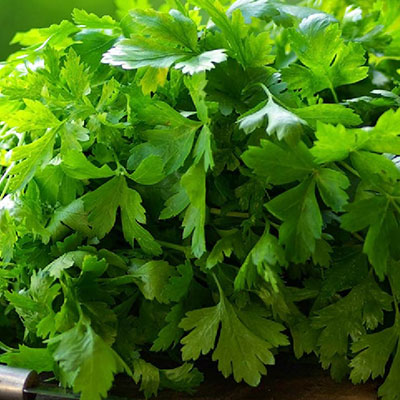
Carminative, digestive, cooling.
How to use : Coriander seed tea or powder can be taken with water.
